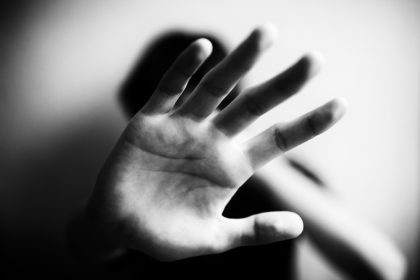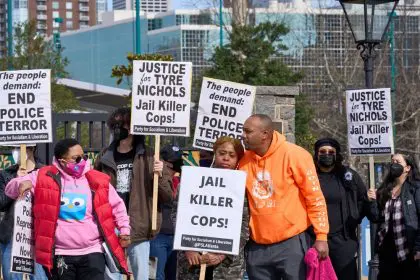
Body camera video footage has been released after five law enforcement officers were charged in the death of 29-year-old Tyre Nichols. Many viewers were left saddened and triggered by the actions of the police in this video, as this is one of many times the world has witnessed an unprovoked, brutal attack against a young Black man. Nichols’ mother shared a public statement advising people to not allow children to watch the video as it is too traumatizing for young eyes.
Social media users have compared the video to the late Rodney King, whose beating by LA officers was captured by a camcorder video. Others compared the Nichols’ case to the beating of 17-year-old Elton Hayes in 1971, who died after a vicious beating by Memphis police. All of the officers involved in that case were acquitted.
Black Twitter shared disgust to see the video come across timelines and how ironic it is that the Black police officers were so quickly charged, unlike cases where White officers were involved.
A video showing the confrontation between Tyre Nichols and police prior to his death is expected to be released Friday. AG Merrick Garland said he’d been briefed on the ‘deeply disturbing’ video & urged for people to be ‘peaceful and non-violent’ after its release. pic.twitter.com/9i7QXd0DUj
— NowThis (@nowthisnews) January 27, 2023
Georgia-based therapist Dr. Lanecha Conner shared with rolling out how to avoid being further traumatized.
How can we heal from the race-based trauma we are exposed to when Black people are brutalized and it is recorded and disseminated online?
What happened to Tyre Nichols was very disheartening, sad and traumatizing. With the deaths of Black men by police officers being captured on video more and more these days, people aren’t getting a chance to heal from the trauma caused [by] witnessing such horrific events. People need to understand that they do not need to watch the video. Watching the videos only exposes you to more trauma, essentially. Have a check-in with yourself and limit your screen time to avoid post-traumatic stress.
What preventive measures do you suggest for people who have watched the video?
For people who have watched the video, unfortunately, preventive measures aren’t viable. I encourage them to pay attention to their emotion[s], acknowledging how they feel, surround themselves with trusted and supportive individuals, and seek professional assistance, like therapy, if needed.

















